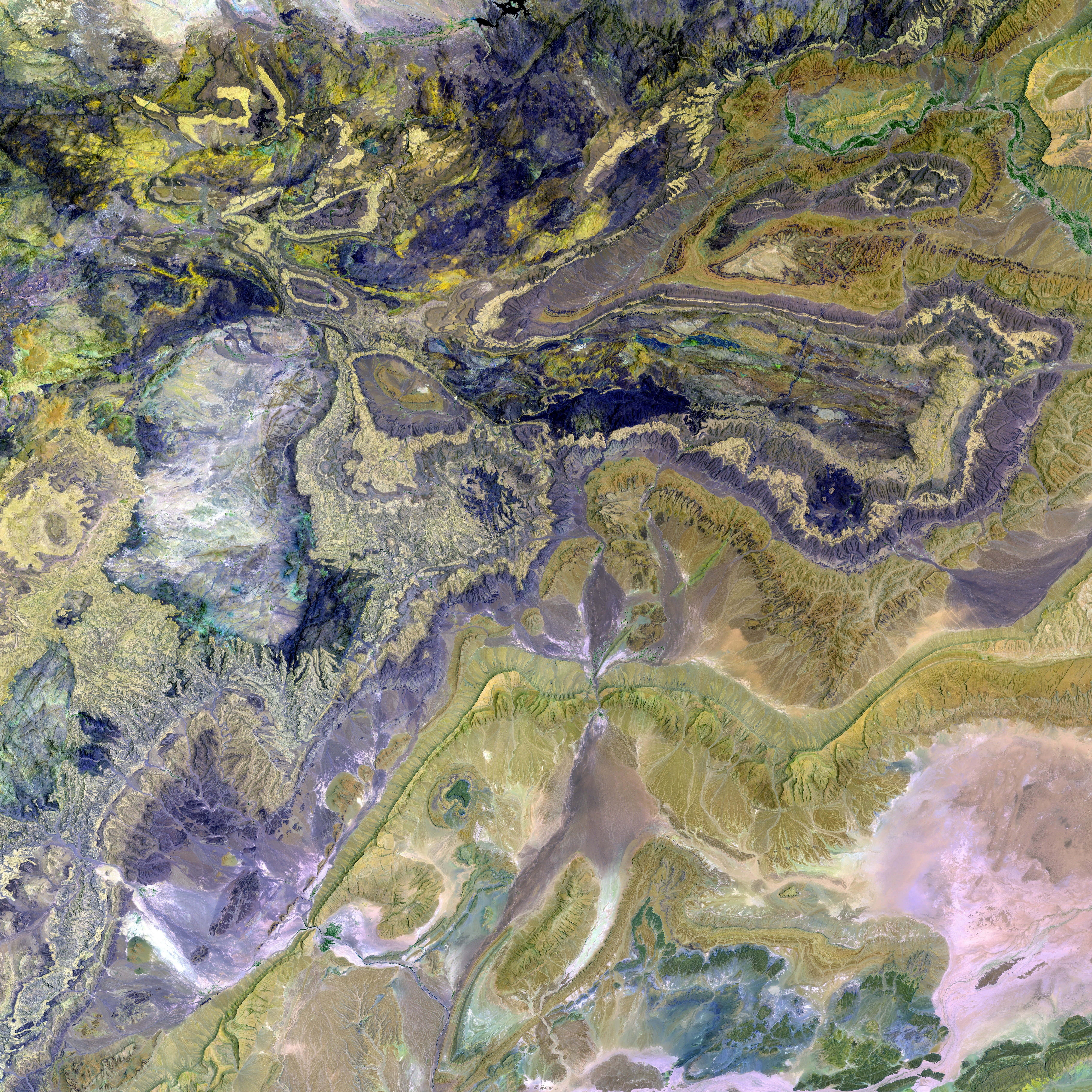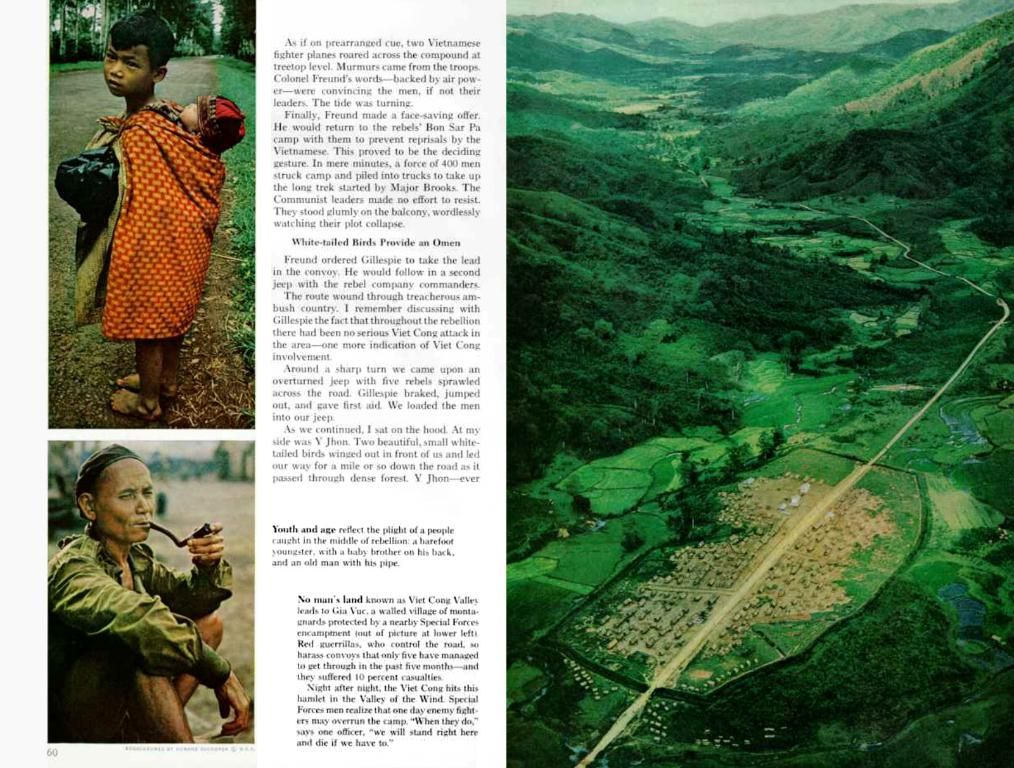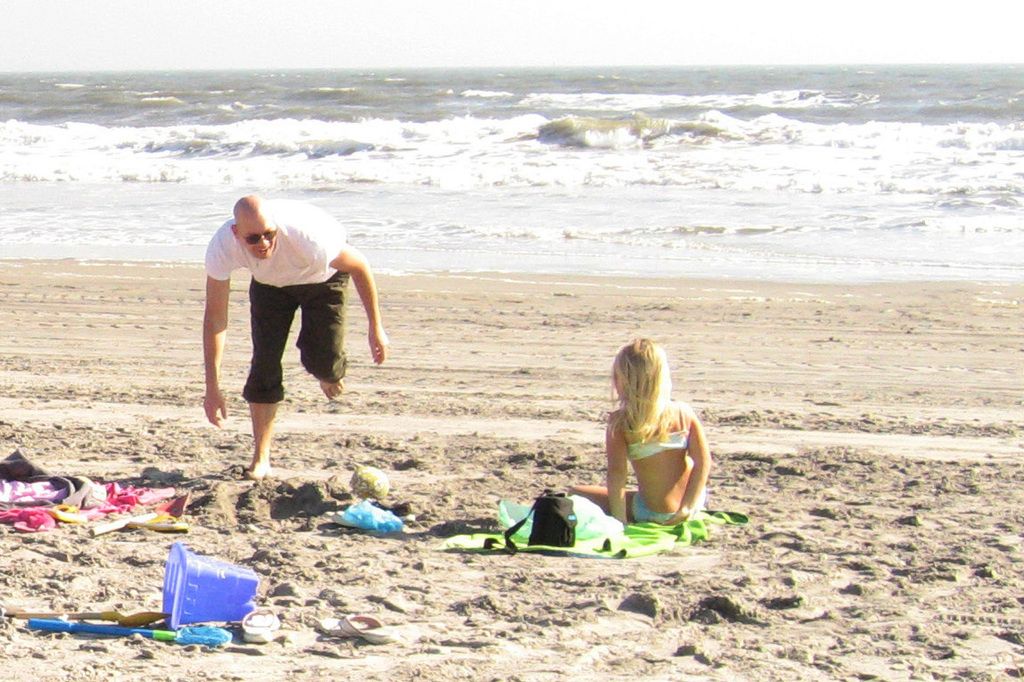Macau intends to combat gambling addiction issues.
Macau Announces Major Projects Worth €4.2 Billion to Diversify Economy
Macau's Chief Executive, Sam Hou Fai, has announced four major infrastructure projects, totaling €4.2 billion, to reduce the Chinese Special Administrative Region's economic dependence on gambling. The projects aim to capitalize on the advantages of the Hengqin zone to attract international companies.
Currently, approximately 80% of tax revenues in Macau come from the casino sector. In light of growing gambling competition in Asia and international challenges like the trade war between China and the USA, Macau sees this as a structural risk.
Diversifying Macau's Economy
Since its handover from Portugal in 1999, Macau has been a Special Administrative Region of the People's Republic of China, similar to Hong Kong. The city enjoys wide-ranging economic and political autonomy, allowing it to act as a bridge between China and the West. Within the Greater Bay Area, Macau enjoys special privileges, such as duty-free status as a free port or the special regulations of the Hengqin Cooperation Zone.
The new major projects were presented at a media event and will be implemented over eight to ten years. They form part of Macau's long-term strategy for promoting "moderate economic diversification," as outlined in the Five-Year Plan and the guidelines of China's President Xi Jinping.
Macau-Hengqin International Education City
The largest project is the Macau-Hengqin International Education City, for which nearly €22 billion has been earmarked. This complex will serve as a comprehensive educational hub, particularly training highly qualified specialists in tourism, leisure, and international cooperation. The new campus of the University of Macau will begin operations there in 2028, with the University of Tourism set to expand in a second phase.
International Cultural and Tourism Quarter
A budget of €13.2 billion has been allocated for the construction of an international cultural and tourism quarter. The project will transform the underutilized area between the Macau Peninsula and Taipa. At its heart will be a National Museum, an international center for performing arts, and a museum of modern art, which will function as a cultural flagship. Construction is expected to take two to three years.
Airport Expansion
The Macau International Airport will be expanded for around €6.6 billion. Central government approval has been granted, with initial construction work underway. Plans include land reclamation to expand the runway and a technical upgrade of airport infrastructure. The project aims to make Macau an international aviation hub on the western Pearl River Delta.
Technology Park
The Macau Technology R&D Industrial Park is planned to become a magnet for research centers of international corporations. This space will provide tailored infrastructure and support mechanisms to attract high-tech companies, with site selection, operational forms, and political support currently under study. The goal is to position Macau as a platform for technological excellence.
To support these projects, Macau will create new civil and economic regulations tailored to the Hengqin cooperation zone, enhancing legal certainty, predictability, and stability for investors.
These initiatives reflect Macau's efforts to reduce its economic reliance on gaming and tourism by investing in education, research, and technology. By diversifying its sectors, Macau can create a more stable and sustainable economy.
What is the technology project aimed at attracting high-tech companies in Macau?The Macau Technology R&D Industrial Park is planned to become a magnet for research centers of international corporations.










